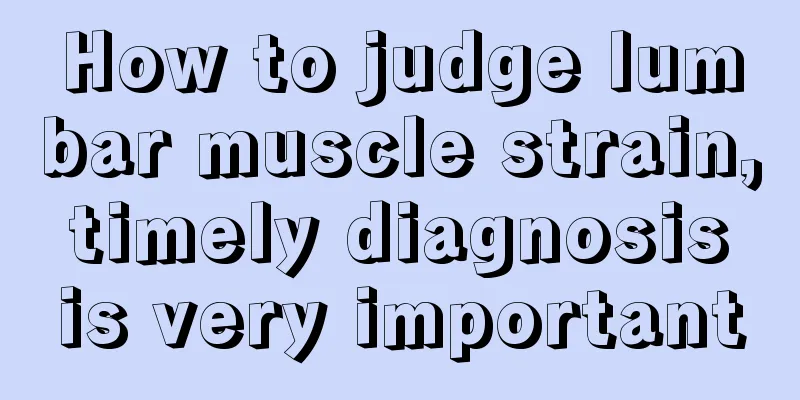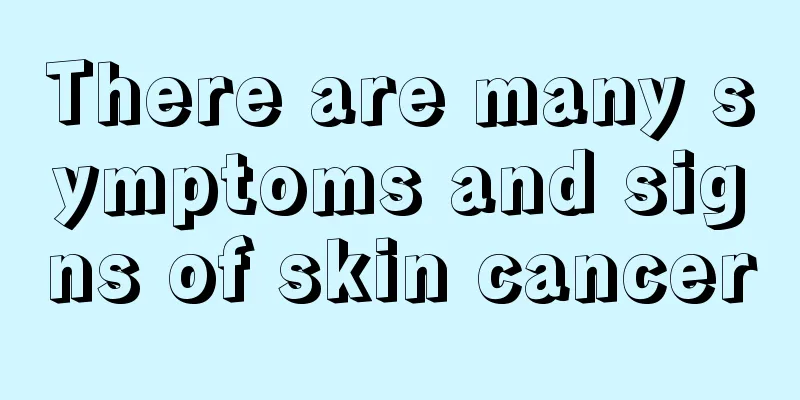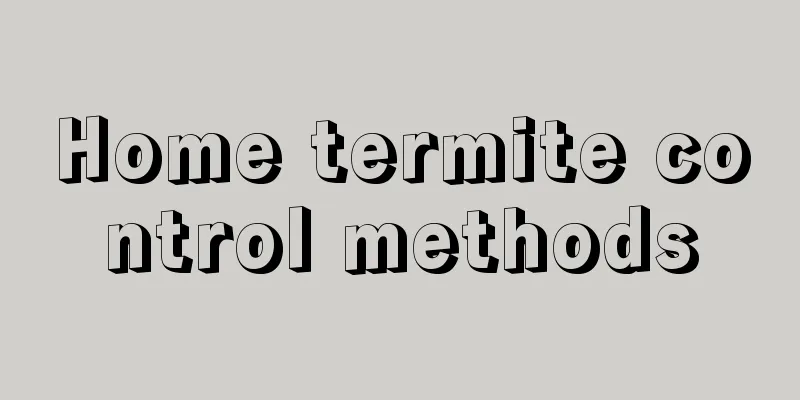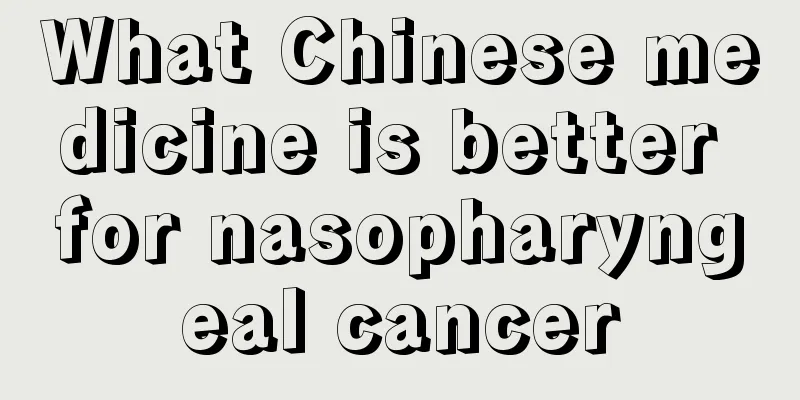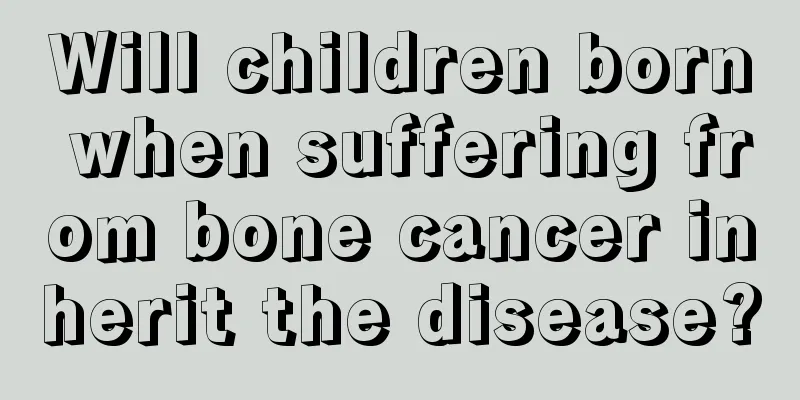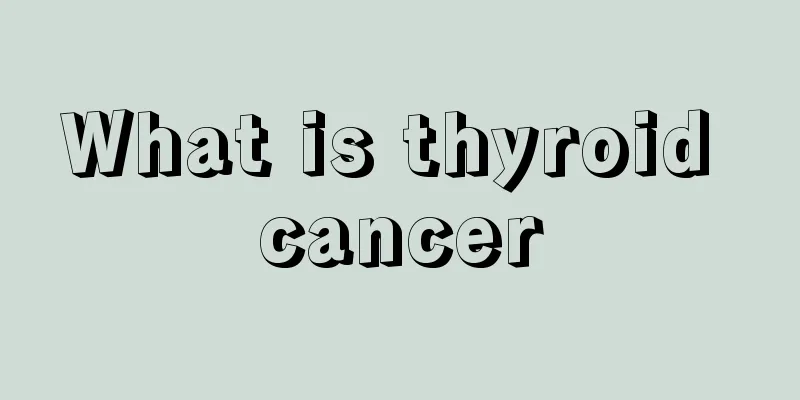Dietary principles for kidney cancer patients
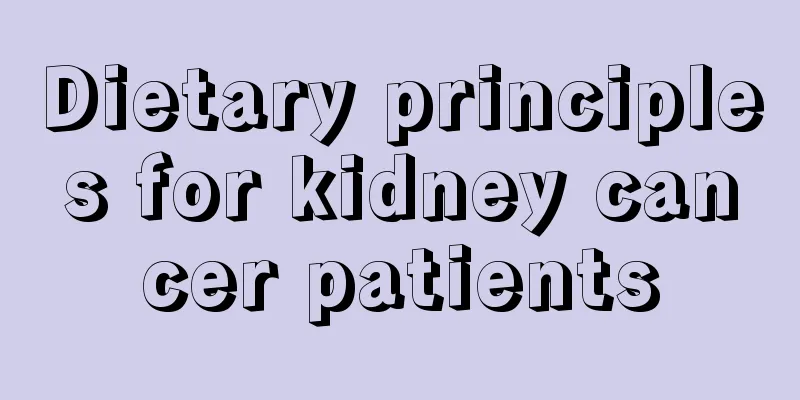
|
Food, nutrition and other factors are closely related to cancer. Some bad living habits and unbalanced diets can easily lead to kidney cancer. For people who smoke frequently, there are great safety risks. Smoking is more closely related to kidney cancer, so smokers need to pay special attention and keep themselves away from danger as soon as possible. The length of smoking is directly related to the prevalence of the disease. It is believed that smokers have increased levels of mutagenic active substances in their urine, and that dimethylnitrosamine in tobacco causes kidney cancer. Foods and drugs that have been reported to be related to kidney cancer include: high intake of dairy products, animal protein, and fat, and low intake of fruits and vegetables are risk factors for kidney cancer, and aromatic hydrocarbons, aromatic amines, aflatoxin, estrogen, coffee, and diuretics can cause kidney cancer. In addition to the dietary precautions related to the tumor, kidney cancer patients also need to avoid certain foods and drugs that affect kidney function, as most kidney cancer patients need to have one kidney removed, which can easily lead to renal insufficiency, or have already developed renal insufficiency. In summary, kidney cancer patients need to pay attention to the following aspects: 1. Drinking is not recommended: Do not drink more than one glass of alcohol per day (equivalent to 250 ml of beer, 100 ml of red wine or 25 ml of liquor) 2. Control your weight: Avoid being overweight. Being overweight or obese can easily lead to kidney cancer and increase the burden on the contralateral kidney. 3. Limit the intake of red meat, including pork, beef, and mutton. Try to eat less meat products processed at high temperatures, such as sausages, canned food (which also contains preservatives), etc. The daily intake should be less than 90 grams. It is best to replace red meat with fish and poultry. 4. Try to avoid sugary drinks and limit the intake of high-energy-density foods, especially high-sugar foods, or low-fiber, high-fat processed foods such as hamburgers, French fries, etc. 5. Eat less grilled food: When grilling fish or meat, avoid burning the gravy. Fish or meat grilled directly over fire should only be eaten occasionally. It is best to boil, steam or fry food. 6. Limit salt intake, especially for kidney cancer patients with renal insufficiency, no more than 5 grams per day. Eat less pickles, kimchi, pickled mustard, salted bread, fried dough sticks, seaweed, rapeseed, spinach, fennel, celery, day lily, radish, etc. Because these foods contain high sodium content per 100 grams. Eating more of these foods means increasing the amount of salt. 7. Eat more fresh vegetables, fruits, whole-wheat products and beans. If the kidney function is normal, you should eat more green vegetables and fruits to provide adequate vitamins. If the patient already has renal insufficiency, especially when the daily urine volume is less than 500 ml, you should eat vegetables and fruits selectively. Because vegetables and fruits are generally rich in potassium, and patients with oliguria due to renal disease have increased potassium levels in their serum. Among them, fruits with high potassium content include watermelon, banana, pineapple, mango, jujube, cantaloupe, etc.; vegetables with high potassium content include amaranth, spinach, celery, carrots, bamboo shoots, potatoes, etc. 8. Pay attention to food diversification, mainly plant-based food, which should account for more than 2/3 of each meal. The diet of cancer patients must not be simple and monotonous. It should be diverse, novel, and well-structured. When making a diet, try to achieve: light and high-nutrition and high-quality food, soft and easy to digest and rich in vitamins, sufficient total calories, balanced nutrition, and a reasonable food structure. 9. Should cancer patients abstain from food? There are many opinions among the people. Some advocate abstention from food; some think that there is no need to abstain from food and you can eat anything. Some think that you cannot eat chicken, crab, beef, carp, etc. As for whether to abstain from food, Chinese medicine advocates appropriate abstention from food, while Western medicine generally does not advocate abstention from food. Western medicine attaches importance to the relationship between diet and disease, and is not opposed to abstention from food. For example, food contaminated with aflatoxin cannot be eaten; burnt food can easily denature protein, and pyrolysis and thermal polymerization can easily produce polycyclic aromatic hydrocarbons, which are harmful to the human body and are not recommended for consumption; smoked fish and smoked meat are not recommended for consumption. Alcohol can reduce the body's detoxification function and biotransformation function, reduce immunity, increase the activity of carcinogens in the body, and has cytotoxicity, so you should not drink alcohol. Chinese medicine does not blindly and indiscriminately abstain from food, but rather a dialectical and appropriate abstention from food. It is generally believed that in the early and middle stages of cancer, the body fluid is damaged and the yin is robbed, which is mostly due to yin deficiency and internal heat. Therefore, in terms of diet, foods with pungent, warm, dry and hot properties should be avoided, and greasy foods are also recommended to be eaten less; in the middle and late stages of cancer, most of them are deficiency syndromes and cold syndromes. In terms of diet, foods such as warming and nourishing the spleen and stomach, replenishing qi and generating blood are recommended, and foods with cold properties should be eaten less or not. Foods with cold, hot, warm and neutral tastes should be combined, and the total amount of food should be combined with the cold, hot, deficiency and excess syndromes of the patient's internal organs. If you cannot distinguish between cold, hot, deficiency and excess, it is best to proceed under the guidance of a Chinese medicine doctor. 10. There is no food that is absolutely taboo for kidney cancer patients. Do not eat some of the above-mentioned foods for a long time or in large quantities. Generally, it will not have irreparable effects on patients. Occasionally eating some so-called "unhealthy foods" does not need to be too stressful. A balanced diet is also important. Cancer patients' immunity is greatly damaged, so they are easily invaded by external viruses. They need to pay attention to a reasonable diet at all times in their lives, change their bad habits, and quit smoking and drinking. |
<<: Can I eat okra after kidney cancer surgery
>>: Can kidney cancer patients drink milk?
Recommend
Which hospital in China is good at treating lymphoma
Which hospital in China is good at treating lymph...
Asymmetrical foot prints
Many parents have found that their babies have as...
What to eat before and after lung cancer surgery? Dietary precautions before and after lung cancer surgery
Nowadays, many people are afraid of cancer, espec...
How to care for nose bleeding due to high blood pressure?
In fact, many people don’t know that high blood p...
How to dry shoes overnight
Shoes are different from clothes. Once shoes are ...
How to distinguish the early lung symptoms of lung cancer
The early symptoms of lung cancer are divided int...
How long can you live with grade 2 breast cancer
People all know the harm of breast cancer. If the...
Why should pregnant women stay away from charging plugs?
Pregnant women should be extra careful in their d...
What are the 10 early signs of cervical cancer
There are usually no obvious symptoms in the earl...
How to wash away oil stains on clothes
It is normal to have a few oil stains on clothes....
What to do about the sequelae of lumbar puncture
In life, many of our friends may have undergone s...
Methods to remove foreign objects from the refrigerator
In today's families, refrigerators have becom...
Why does my nose hurt?
According to ENT experts, most nose pains are cau...
Breaststroke shoulder exit technique
Nowadays, many parents let their children learn s...
How to use medication after colon cancer surgery
Colon cancer is a common malignant tumor of the d...
